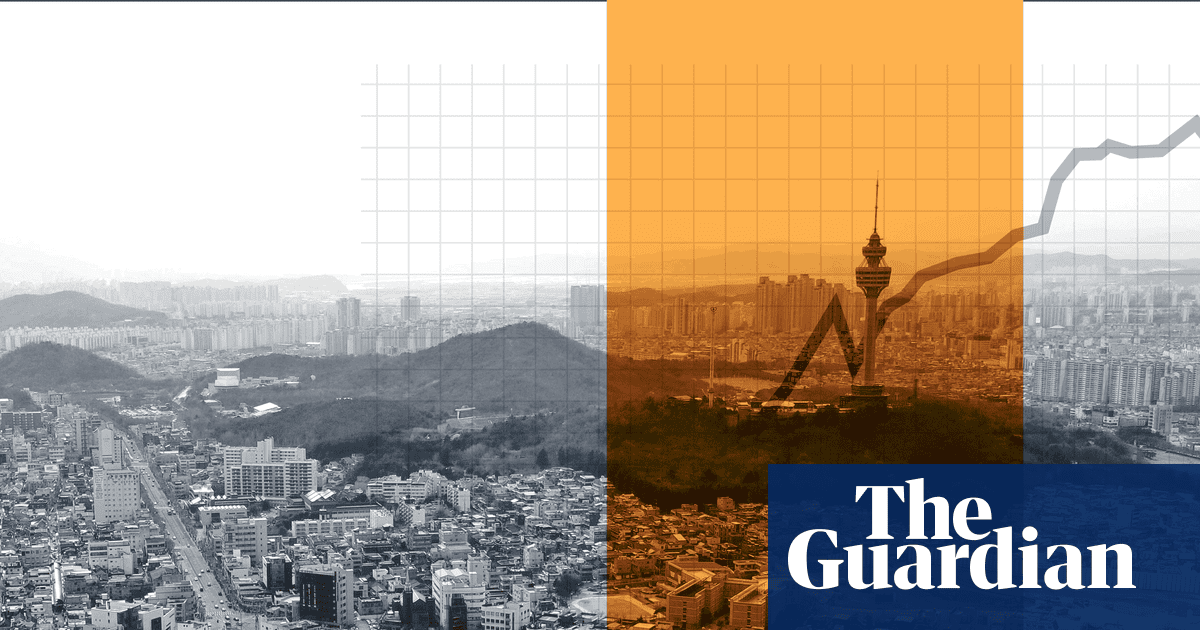
"South Korea's Samcheok Blue power plant, set to emit 13 million tonnes of CO2 annually, represents a significant contradiction in the country's climate pledges."
"Despite committing to net zero by 2050, 60% of South Korea's electricity comes from coal and gas, with renewables at only 9%."
"Korea Electric Power Corporation's monopoly on energy generation and distribution creates challenges for renewable competitors, hindering the country's energy transition."
"The construction of coal-fired plants like the Samcheok Blue reflects a fundamental conflict between economic growth and sustainability in South Korea's energy strategy."
The Samcheok Blue power plant in South Korea is indicative of the country's struggle with climate commitments, expected to emit 13 million tonnes of CO2 annually. Despite pledging to achieve net zero by 2050 and reduce emissions by 40% from 2018 levels by 2030, a significant reliance on fossil fuels persists, with 60% of electricity generated from coal and gas. The state monopoly of Korea Electric Power Corporation complicates the energy landscape for renewable developers, demonstrating the deep-rooted challenges facing the country in its energy transition efforts.
Read at www.theguardian.com
Unable to calculate read time
Collection
[
|
...
]